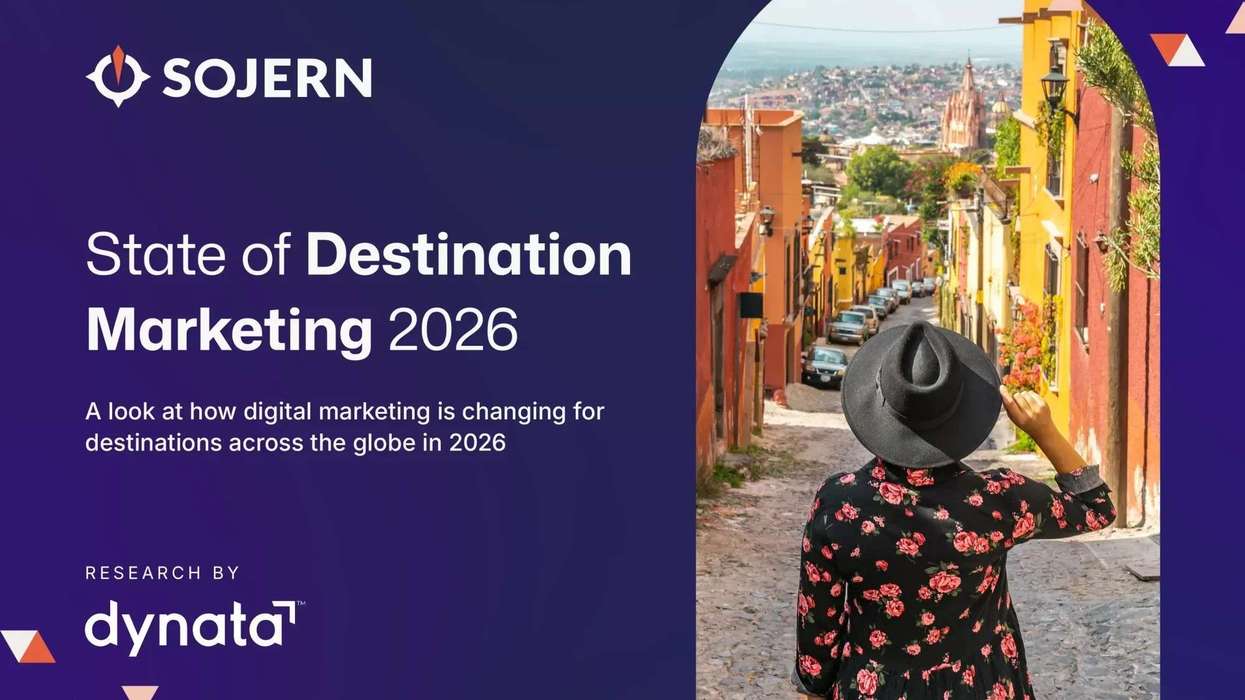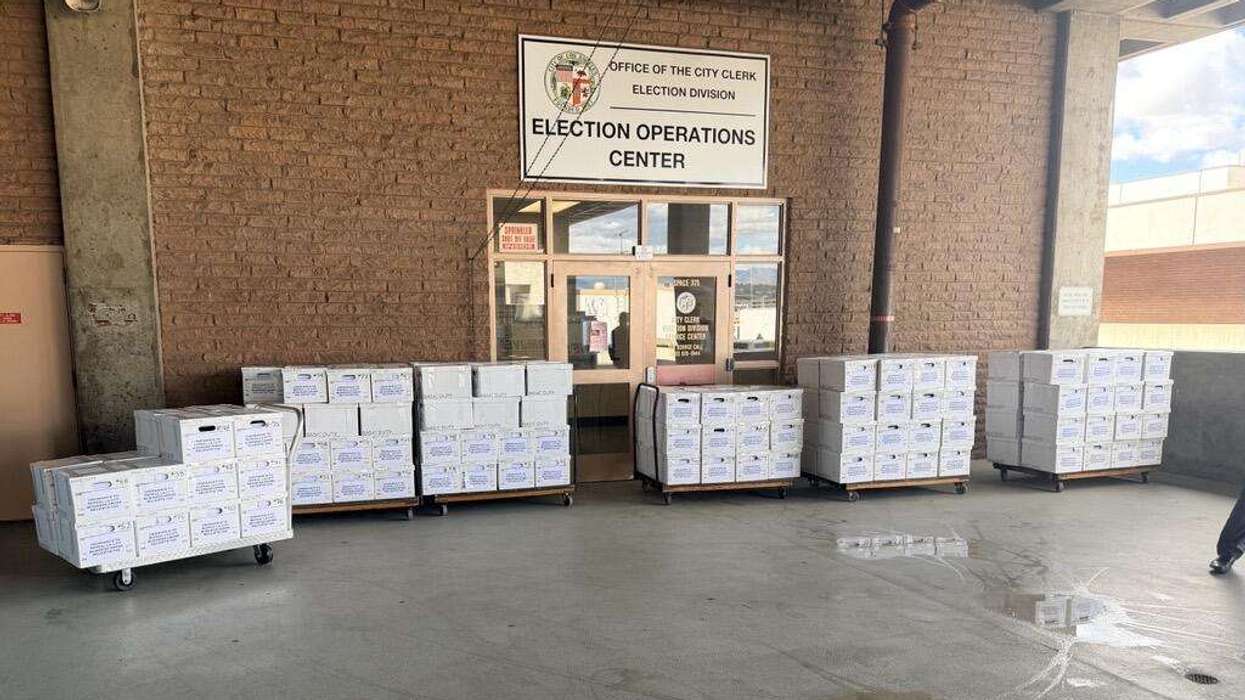SHORT-TERM APARTMENT rentals are surviving the COVID-19 downturn better than hotels, according to a report from hotel investment advisors The Highland Group. A focus on longer rentals times and minimal contact with renters are factors in the difference.
Demand and revenue for the short-term rental for the first four months of 2020 were both down from the same time last year, 15 percent and 22 percent respectively. The same metrics for hotels fell 32 percent and 35 percent, according The Highlands Group’s US Short-Term Rental Market Report 2020.
In 20 of the 50 largest markets short-term rental demand increased year-to-date through April 2020.
By most performance metrics the short‐term rental sector is less impacted by the Covid‐19 pandemic than the overall hotel industry,” the report says. “This is partly because staying in the units, which are mainly one and two‐bedroom apartments, requires minimal physical contact with guest service personnel and other guests compared to a hotel. Also, most units have fully equipped kitchens which attract longer‐term guests. Extended‐stay hotels, especially at the economy end, are also performing better than the overall hotel industry in 2020.”
There were 31.7 million short-term rental room nights available as of April, a 16 percent increase over the same period in 2019. Demand for short‐term rentals was 11.63 million room nights during that period, down 15 percent from the same time last year.
“Supply growth is much faster than the overall hotel industry. It is also faster than extended‐stay hotels which have been the hotel sector’s fastest growing segment for more than 20 years,” the report said. “The large number of hotel closings due to the COVID‐19 pandemic currently complicates exact supply growth comparisons with short‐term rentals. However, the data indicates the rate of short‐term rental supply increase over the last year is about double extended‐stay hotels.”
The full report with a market by market breakdown is available for purchase. AllTheRooms.Analytics contributed to the report.
Last week, STR released data on short-term rental properties in Nashville, Tennessee, for May as part of a pilot study. The report found occupancy for the sector increased 83 percent from April, reaching 49.4 percent.





